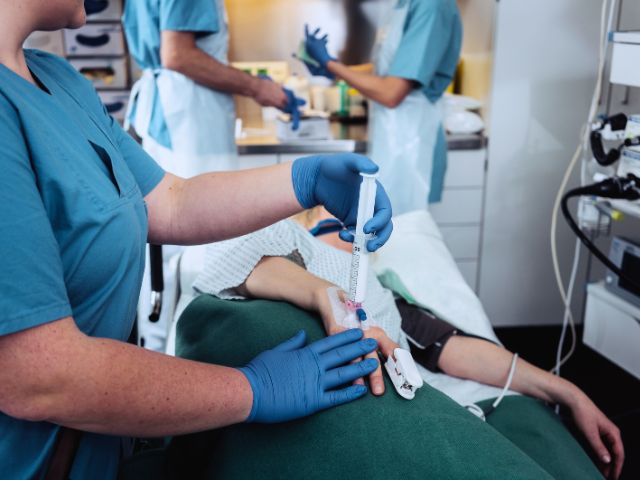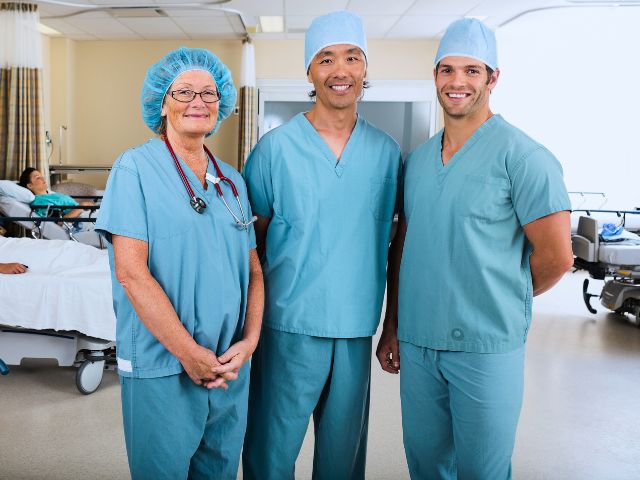Despite living in the technology age, where just about everything can be looked up with computer clicks, social media, drones, Alexa, and more, Intra-Operative Nursing remains a fascinating enigma. Not only to the common-folk world, but also to the nursing specialty world.
What actually happens behind those “authorized personnel only” doors when a team of people roll or walk your loved one to the operating room? Your loved one comes out to the recovery room with their consented procedure completed and yet another team of perioperative nurses makes sure they wake up and are good to go to their respective places. But what actually happens in between? Is it some exclusive, secret club where only the best and brightest are allowed to perform their executive craft?
I can assure you we are all mere mortals, but many levels of knowledge and expertise, both seen and unseen, are behind those doors.
I have been a perioperative nurse since March 2012. At the time, I was a med-surg nurse working three days per week with every other weekend. I had an array of colorful scrubs with multiple themes. I rolled my medication carts from room to room and did the patient documentation while sipping my morning coffee out of a green-and-white mug. I read, followed orders, questioned doctors, hung IVs, and gave blood transfusions with relative ease.
However, I was bored. I wanted to expand my horizons, try something different, and be better qualified for more job opportunities. The operating room always fascinated me, but not much information was available about it. Not even in nursing school, where the one day I was in there, I was told to stand to the side, not touch anything blue, and watch a hip replacement.
So I took the chance, applied for a transfer, and got accepted into my employer’s “Periop 101” program. The road was long and arduous, but it was worth the investment.









